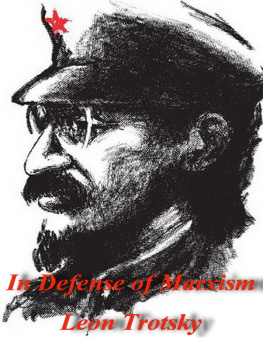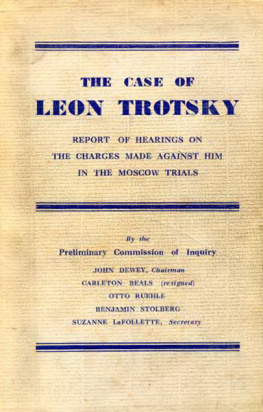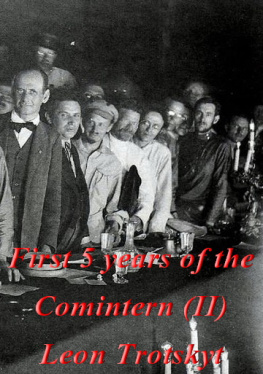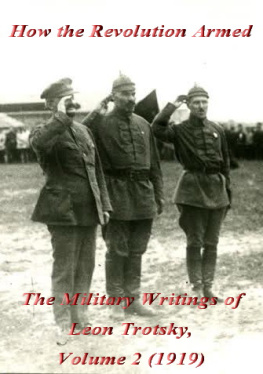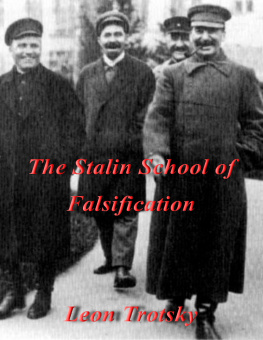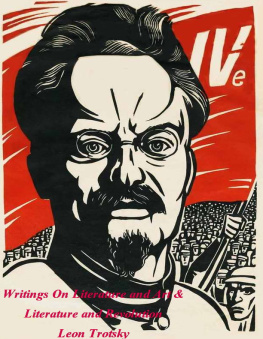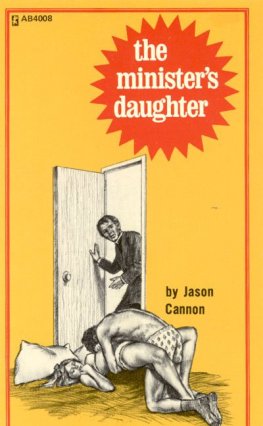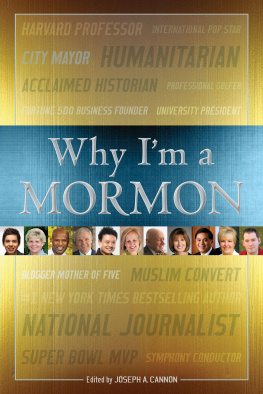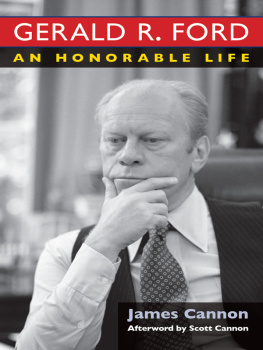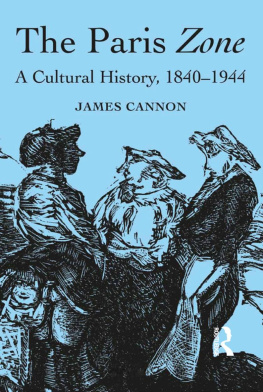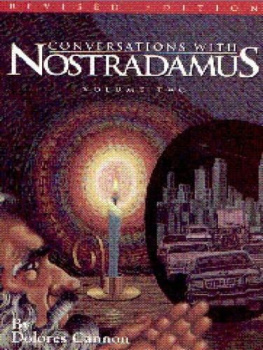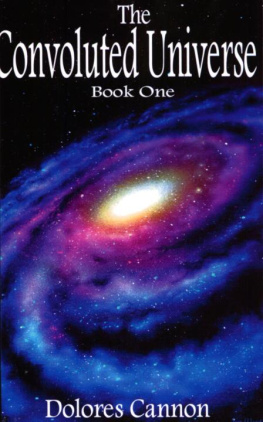A Letter to James P. Cannon
First Published: Leon Trotsky, In Defense of Marxism, New York 1942.
Checked against: Leon Trotsky, In Defence of Marxism, London 1966, pp.1-2.
All footnotes stem from the latter edition.
September 12, 1939
Dear Jim:
I am writing now a study on the social character of the USSR in connection with the war question. The writing, with its translation, will take at least one week more. The fundamental ideas are as follows:
1. Our definition of the USSR can be right or wrong, but I do not see any reason to make our definition dependent on the German-Soviet pact.
2. The social character of the USSR is not determined by her friendship with democracy or fascism. who adopts such a point of view becomes a prisoner of the Stalinist conception of the Peoples Front epoch.
3. Who says that the USSR is no more a degenerate workers state, but a new social formation, should clearly say what he adds to our political conclusions.
4. The USSR question cannot be isolated as unique from the whole historic process of our times. either the Stalin state is a transitory formation, it is a deformation of a workers state in a backward and isolated state, or bureaucratic collectivism (Bruno R., La Bureaucratisation du Monde, Paris 1939) is a new social formation, which is replacing capitalism throughout the world (Stalinism, Fascism, New Deals, etc.). The terminological experiments (workers state, not workers state; class, not class; etc.) receive a sense only under this historic aspect. who chooses the second alternative admits, openly or silently, that all teh revolutionary potentialities of the world proletariat are exhausted, that the socialist movement is bankrupt, and that the old capitalism is transforming itself into bureaucratic collectivism with a new exploiting class.
The tremendous importance of such a conclusion is self-explanatory. It concedrns the whole fate of the world proletariat and mankind. Have we the slightest right to induce ourselves by purely terminological experiments in a new historic conception which occurs to be in an absolute contradiction with our program, strategy and tactics? Such an adventuristic jump would be doubly criminal now in view of the world war when the perspective of the socialist revolution becomes an imminent reality and when the case of the USSR will appear to everybody as a transitorial episode in the process of world socialist revolution.
I write these lines in haste, which explains their insufficiency, but in a week I hope to send you my more complete thesis.
Comradely greetings,
V.T.O. [Leon Trotsky]
Notes
This letter was written by Trotsky in English.
Because of the conditions of his residence in the various countries in which he lived after his exile, Trotsky often used pseudonyms in his letters. His letters were frequently signed with the name of his English secretary. Ed.
A Letter to Sherman Stanley
First Published: Leon Trotsky, In Defense of Marxism, New York 1942.
Checked against: Leon Trotsky, In Defence of Marxism, London 1966, pp.27-28.
All footnotes stem from the latter edition.
October 8, 1939.
Dear Comrade Stanley,
I received your letter to OBrien in view of his departure. The letter produced upon me a strange impression, because in opposition to your very good articles, it is full of contradictions.
I didnt receive as yet any material about the plenum and dont know either the text of the majority resolution or that of M.S. , but you affirm that there is not an irreconcilable opposition between the two texts. At the same time you affirm that a disaster approaches the party. Why? Even if there have been two irreconcilable positions, it would signify not a disaster but a necessity to fight out the political struggle to the end. But if both motions represent only nuances of the same point of view expressed in the program of the 4th International, how can arise from this unprincipled (in your opinion) divergence, a catastrophe? That the majority preferred their own nuance (if it is only a nuance) is natural. But what is absolutely unnatural is that the minority proclaims: because you, the majority, accept your own nuance and not ours we foretell catastrophe. From the side of whom ? ? ? ... And you affirm that you look objectively upon the different groupings. It is not my impression at all.
You write for example that from my article one page for some reason or other was missing. You express in this way a very venomis suspicion towards responsible comrades. The page was missing by a regrettable nonchalance in our office here, and we sent already a new, complete text for translation.
Your argument about the degenerated workers empire seems to me not a very happy invention. Czarist expansion program was objected to the Bolsheviks almost from the first day of the October Revolution. Even a sound workers state would tend toward expansion, and the geographical lines would inevitably coincide with the general lines of the Czarist expansion because revolutions dont ordinarily change geographical conditions. What we object to about the Kremlin gang is not the expansion and not the geographical direction of the expansion but the bureaucratic, counter-revolutionary methods of the expansion. But at the same time because we as Marxists look objectively upon historic happenings we recognize that neither the Czar, nor Hitler, nor Chamberlain had or have the custom of abolishing, in the occupied countries, capitalist property, and this fact, a very progressive one, depends upon another fact; namely, that the October Revolution is not definitely assassinated by the bureaucracy, and that the last is forced by its position to take measures which we must defend in a given situation against imperialist enemies. These progressive measures are, of course, incomparably less important than the general counter-revolutionary activity of the bureaucracy: it is why we find it necessary to overthrow the bureaucracy ...
The comrades are very indignant about the Stalin-Hitler pact. It is comprehensible. They wish to get revenge on Stalin. Very good. But today we are weak, and we cannot immediately overthrow the Kremlin. Some comrades try then to find a purely verbalistic satisfaction: they strike out from the USSR the title workers state, as Stalin deprives a disgraced functionary of the order of Lenin. I find it, my dear friend, a bit childish. Marxist sociology and hysteria are absolutely irreconcilable.
With best comradely greetings,
CRUX [Leon Trotsky]
Notes
This letter was written by Trotsky in English.
The reference is to Max Shachtman. Ed.
The document, The USSR in War, arrived while the plenum of the National Committee was in session. One page was missing. The political line of this document was endorsed by the majority of the plenum. the minority raised a hue and cry about the missing page, charging, among other things, that it was being deliberately suppressed. Ed.
i.e., charged against. Ed.
Again and Once More Again on the Nature of the USSR
First Published: Leon Trotsky, In Defense of Marxism, New York 1942.
Checked against: Leon Trotsky, In Defence of Marxism, London 1966, pp.29-39.
Psychoanalysis and Marxism
Certain comrades, or former comrades, such as Bruno R., having forgotten the past discussions and decisions of the Fourth International, attempt to explain my personal estimate of the Soviet state psychoanalytically. Since Trotsky participated in the Russian Revolution, it is difficult for him to lay aside the idea of the workers state inasmuch as he would have to renounce his whole lifes cause, etc. I think that the old Freud, who was very perspicacious, would have cuffed the ears of psychoanalysts of this ilk a little. Naturally I would never risk taking such action myself. Nevertheless I dare assure my critics that subjectivity and sentimentality are not on my side but on theirs.

